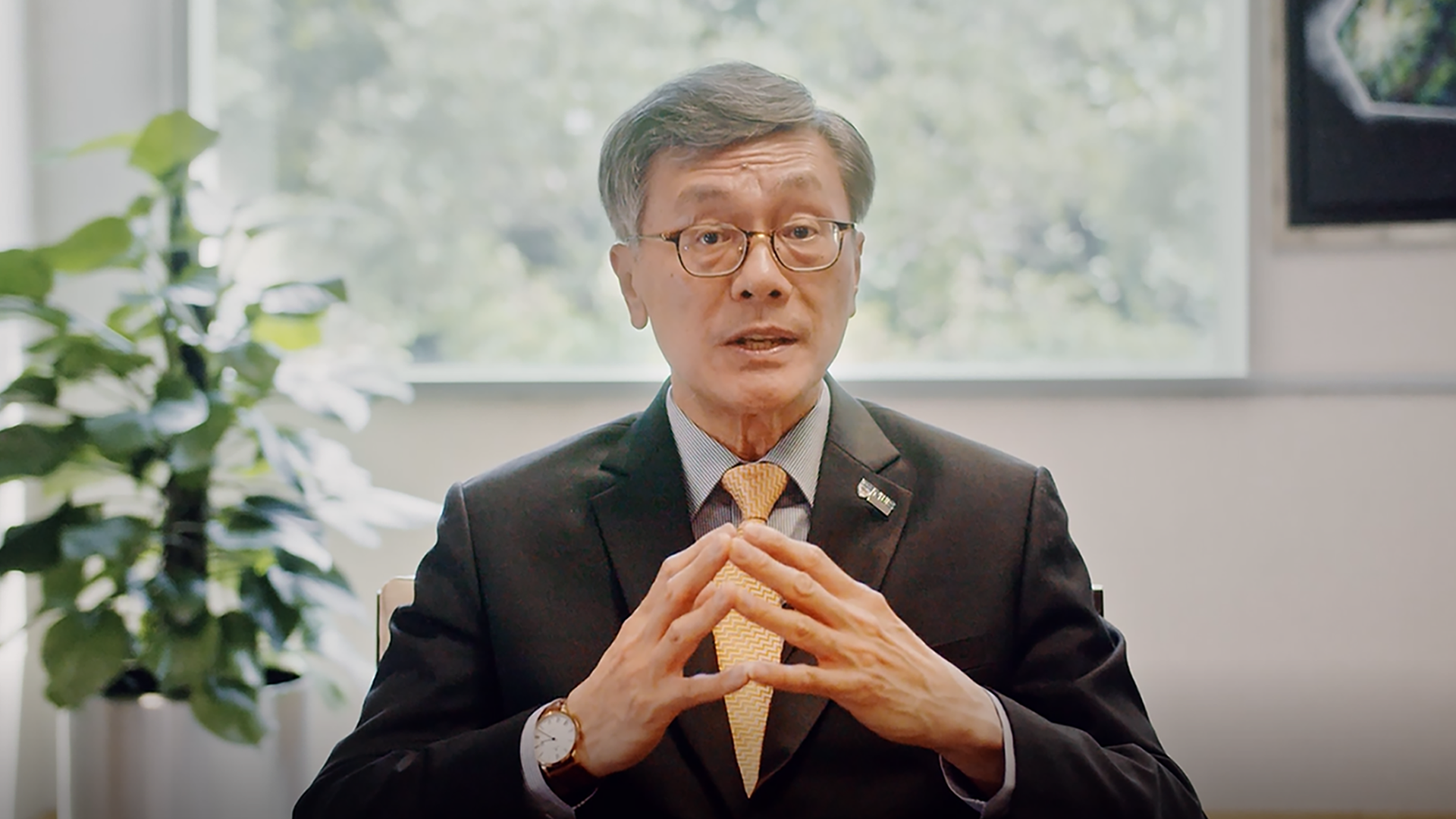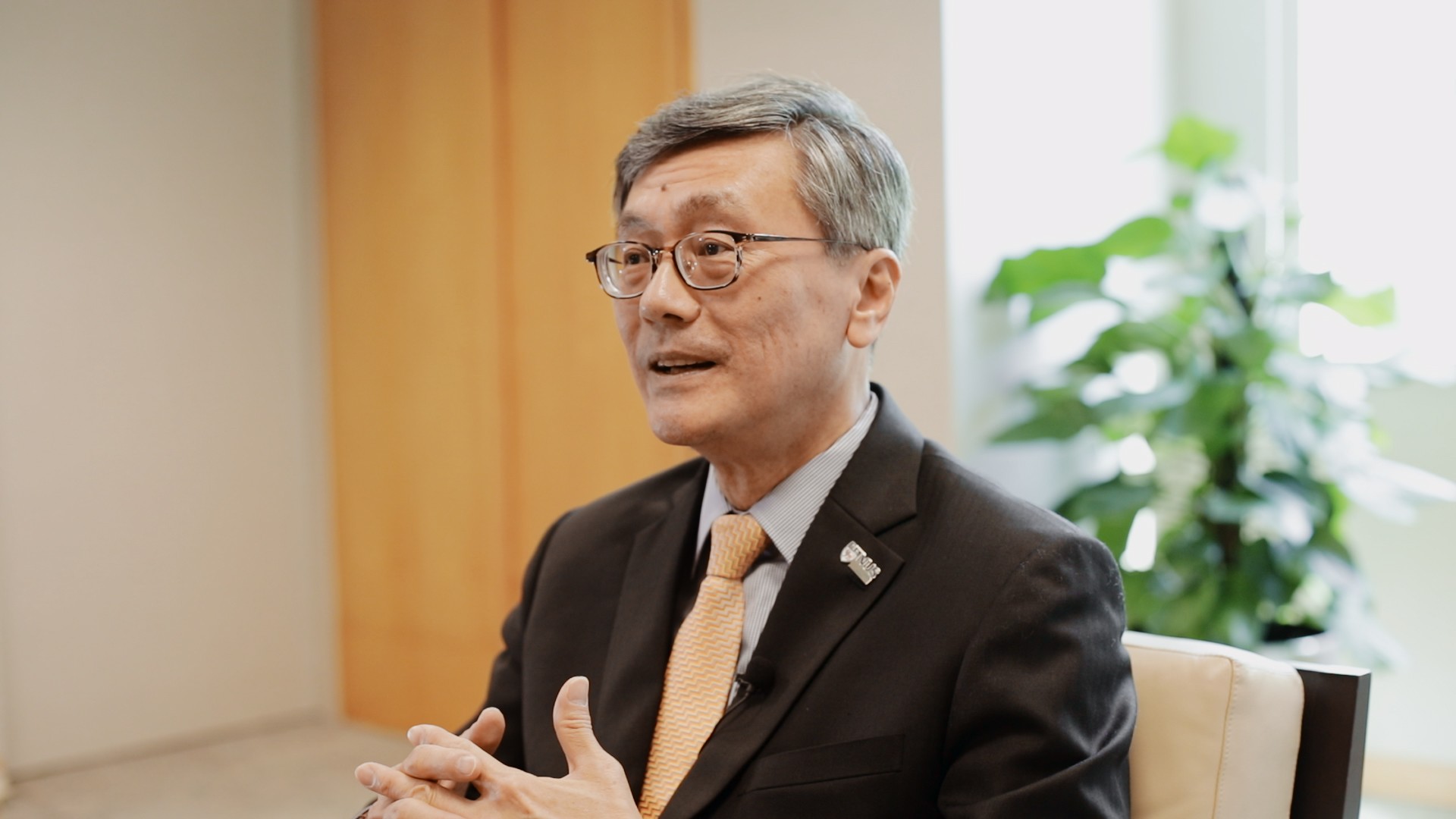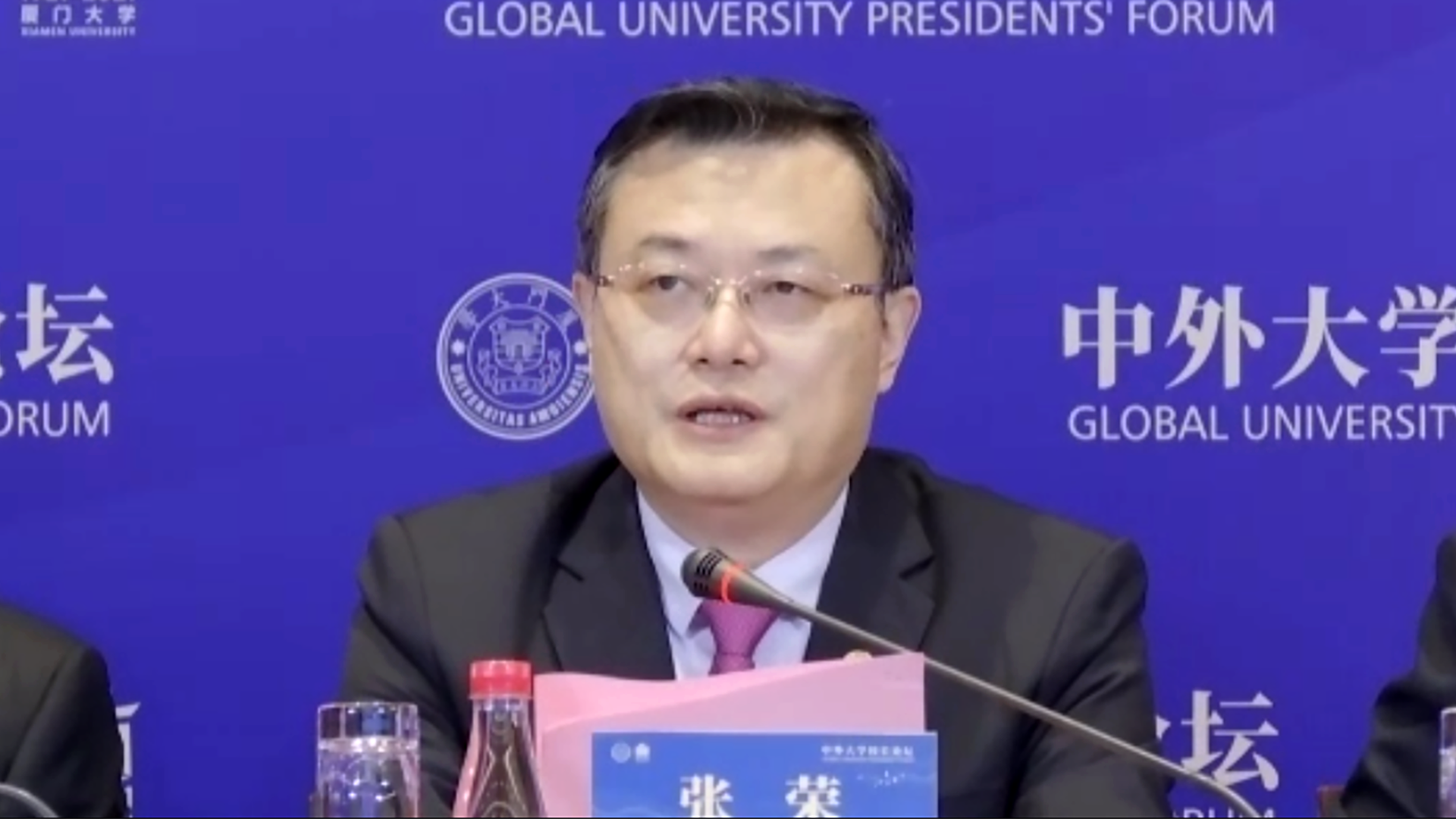Three focus areas to prepare students for the post-COVID era
Students at NUS are being geared up to face challenges thrown up by an increasingly unpredictable world – through a three-pronged strategy introduced by the University that emphasises interdisciplinarity, experiential and cross-cultural learning, as well as lifelong education.
“We are well aware of the Fourth Industrial Revolution, that’s something that has come upon us in recent years. We are also being impacted by technology, especially its usage. Now COVID-19 came along last year and hastened digitisation – not just across the universities, but across industry,” shared NUS President Professor Tan Eng Chye on 5 Apr, at the 100th anniversary celebrations of China’s Xiamen University.
“It is important to make sure that in a fast-changing world, our graduates are more agile and more adaptable. They have to be very adept at solving complex problems by being able to integrate knowledge from various disciplines. They should continue to learn – in fact, to learn for life – so that as they progress through their careers they will always be able to re-skill and up-skill,” added Prof Tan, who was joined at the virtual celebrations by university leaders from around the world.
Interdisciplinary approach
The first part of the NUS strategy is an interdisciplinary approach to learning.
“We seek to nurture broad intellectual foundations that emphasise synthesis, integration and insight between intellectual domains. To do so, we have revamped our learning models,” said Prof Tan.
A central pillar of interdisciplinary learning is the General Education curriculum, which builds deep foundations in reading, writing, critical thinking and numeracy. New modules in Design Thinking and Artificial Intelligence have also been introduced to ensure that students are digital-ready.
In December 2020, the University launched the College of Humanities and Sciences, with a common curriculum to ensure students receive a strong grounding in both the humanities and the sciences. These will in turn provide a strong foundation for fostering creative and original thinking and ideas.
The same approach has been adopted for the engineering and design disciplines, with a new Common Curriculum that bridges these two domains. The intention is to cultivate students who can think, design and problem-solve in an integrated fashion.
Hands-on learning
One aspect of interdisciplinarity is to use a problem-based approach. This ties in with the second prong of the strategy, which is to emphasise experiential, entrepreneurial and cross-cultural learning.
“In future, work and learning have to be intertwined. Currently, we already have internships and apprenticeships, but we are also mindful that there’s a possibility that there can be work-study integration as we move forward,” said Prof Tan.
Immersive technologies like virtual reality, augmented reality and mixed reality will also support experiential learning. Experiential learning, being active learning, provides more real-world experience and facilitates teamwork and experimentation.
There will also be continued emphasis on providing overseas exposure.
“We continue to encourage our students to study or work abroad during their time at the University – of course, as soon as it is safe to do so. We have established partnerships with more than 300 universities in over 40 countries. Students may choose from an extensive list of exchange or immersion programmes,” said Prof Tan.
Budding entrepreneurs, and students enthusiastic about innovation and enterprise, can also enrol in the NUS Overseas Colleges programme.
Lifelong learning
The third major initiative is about enabling lifelong learning.
The University’s Lifelong Learners programme offers students enrolment for 20 years, from the point of admission as an undergraduate. NUS alumni would be automatically eligible for the University’s skill and training courses upon graduation. This makes lifelong learning seamless, through integration between pre-employment and continuing education.
“To stay relevant and dynamic, our students and alumni will need to constantly upskill and reskill,” said Prof Tan.
“The message we are giving to students is that at NUS you don’t have to stop after four years. You can continue on, for as long as you want… And NUS will always be here for you.”
Xiamen University's links with Singapore and NUS
At NUS, there is an award named after the founder of Xiamen University, Mr Tan Kah Kee. The Tan Kah Kee Medal and Prize for Chinese Studies is given to the best student in Chinese Studies at the NUS Faculty of Arts and Social Sciences.
The Singaporean businessman and philanthropist was born in Xiamen before moving to Singapore at the age of 16. He also started The Chinese High School (now Hwa Chong Institution) and was one of the founders of Tao Nan School.





